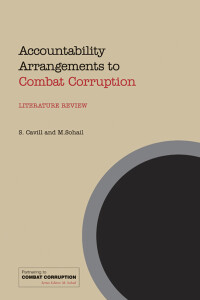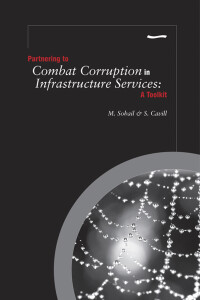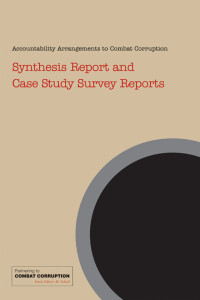-
Assessing change in access to WASH in Palestinian schools
01.04.2019
This paper presents the main results from a knowledge, attitudes, and practices (KAP) survey on water, sanitation, and hygiene (WASH) in government schools in the State of Palestine (SoP). In 2012 a baseline WASH KAP survey was conducted in 411 schools. In 2015–2016 a statistically representative survey was performed; the sample included 381 of the 411 schools originally sampled in 2012. The survey targeted basic and secondary schools in urban and rural areas of all educational directorates in the West Bank and Gaza Strip. The survey was conducted by UNICEF in coordination with the Ministry of Education and Higher Education (MoEHE). The findings of the 2016 survey show positive changes in the availability of potable water in schools, which also enabled hygiene and sanitation activities to improve. For instance, more schools taught hygiene education to students on a daily basis in 2016 than in 2012. However, the survey revealed that ensuring the participation of parents and students in WASH activities and continuity of supply of soap, toilet paper, and sanitary pads remains a challenge. This paper concludes with recommendations to further improve the access to WASH in Palestinian schools. -
Transgender-inclusive sanitation: insights from South Asia
01.04.2018
This paper provides insights from initiatives to include transgender people in sanitation programming in South Asia. Three case studies of recent actions to make sanitation inclusive for transgender people (in India and Nepal) are presented, accompanied by reflections and recommendations to guide future practice. Practitioners are recommended to: engage with transgender people as partners at all stages of an initiative; recognize that the language of gender identity is not fixed, varying across cultures and between generations; and acknowledge that transgender people are not a single homogeneous group but rather have diverse identities, histories, and priorities. The case studies aim to raise awareness of the diversity of transgender identities, exploring the needs and aspirations of transgender women, transgender men, and third gender people in South Asia. -
Rethinking the effectiveness of defecation postures and practices: it’s not what you do it’s the way that you do it!
01.10.2017
This paper reports on a piece of research to investigate the effectiveness of defecation postures and anal cleansing method. The research compared how long each bowel movement took on a pedestal toilet with and without a footstool. Volunteers were asked to compare the two positions for speed as well as stress/strain on the body. The effectiveness of the method of anal cleansing was also rated by a subset of the volunteers. Although the study was conducted using volunteers in the UK, the findings have international relevance for sanitation marketing and hygiene promotion programmes. -
A global assessment of budgeting and financing for WASH in schools
01.10.2020
The aim of this review is to assess the literature (published and grey) on capital and recurrent costs of water, sanitation, and hygiene (WASH) in Schools (WinS) facilities and services. The review presents life-cycle costs (e.g. consumables, repair, support, and maintenance) of WinS services and assesses the practical costing exercises and tools currently available for WinS. Furthermore, this review characterizes the typical costs and financial sources for WASH services in (primary) schools and explores the different financial mechanisms available to meet school-level WASH financing gaps.





